4 of
You are browsing the full text of the article: The Grasshopper. A Short Story
Click here to go back to the list of articles for
Issue:
Volume: 1 of The New Coterie
| The New Coterie Volume 1 Issue: 4 Autumn, 1926 Page: 8 | ||||||||||||||||||||||||||||||
| The Grasshopper. A Short Story By Gerald Bullett | ||||||||||||||||||||||||||||||
|
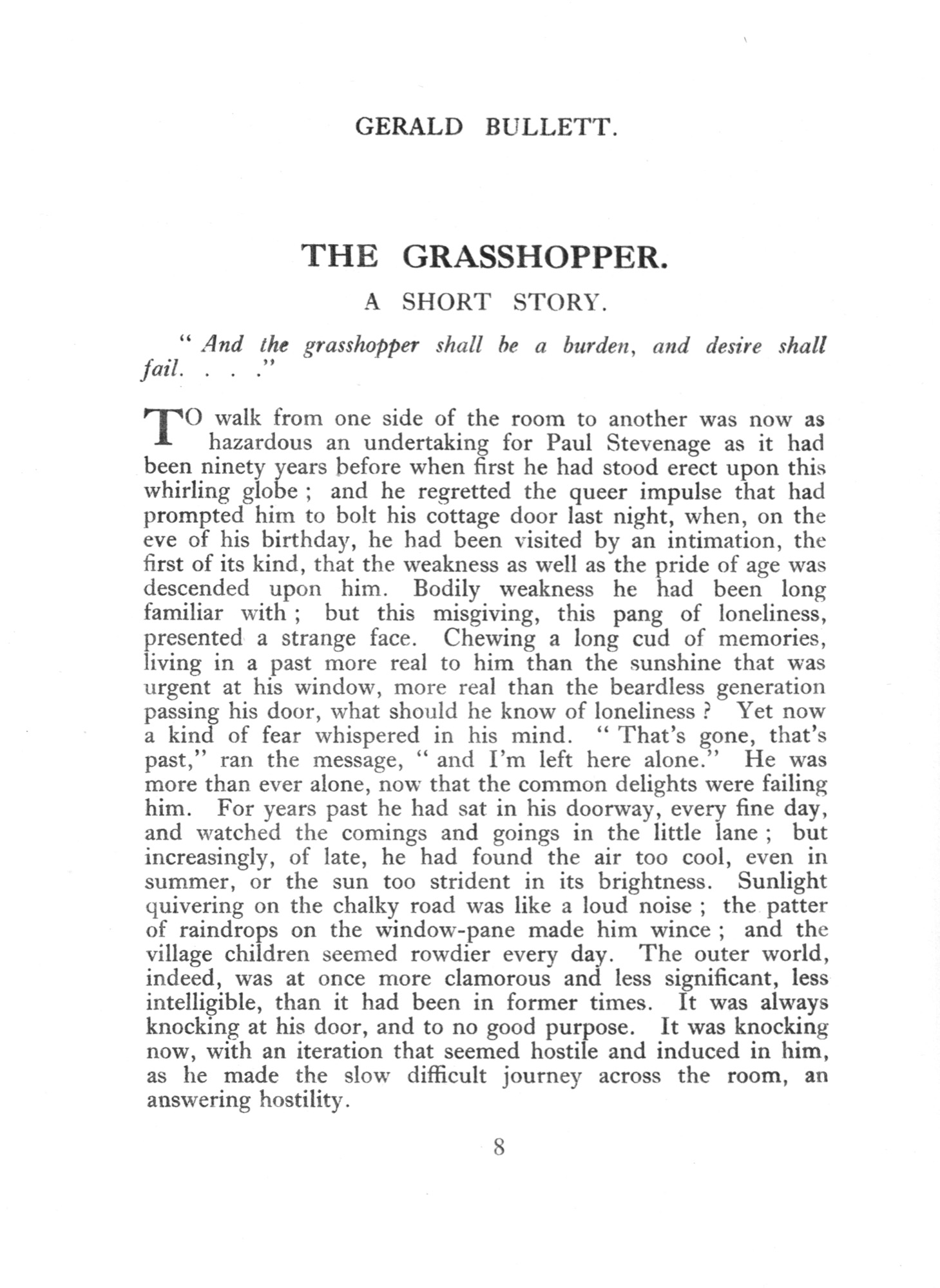
|
|
||||||||||||||||||||||||||||
| The New Coterie Volume 1 Issue: 4 Autumn, 1926 Page: 9 | ||||||||||||||||||||||||||
| The Grasshopper. A Short Story By Gerald Bullett | ||||||||||||||||||||||||||
|
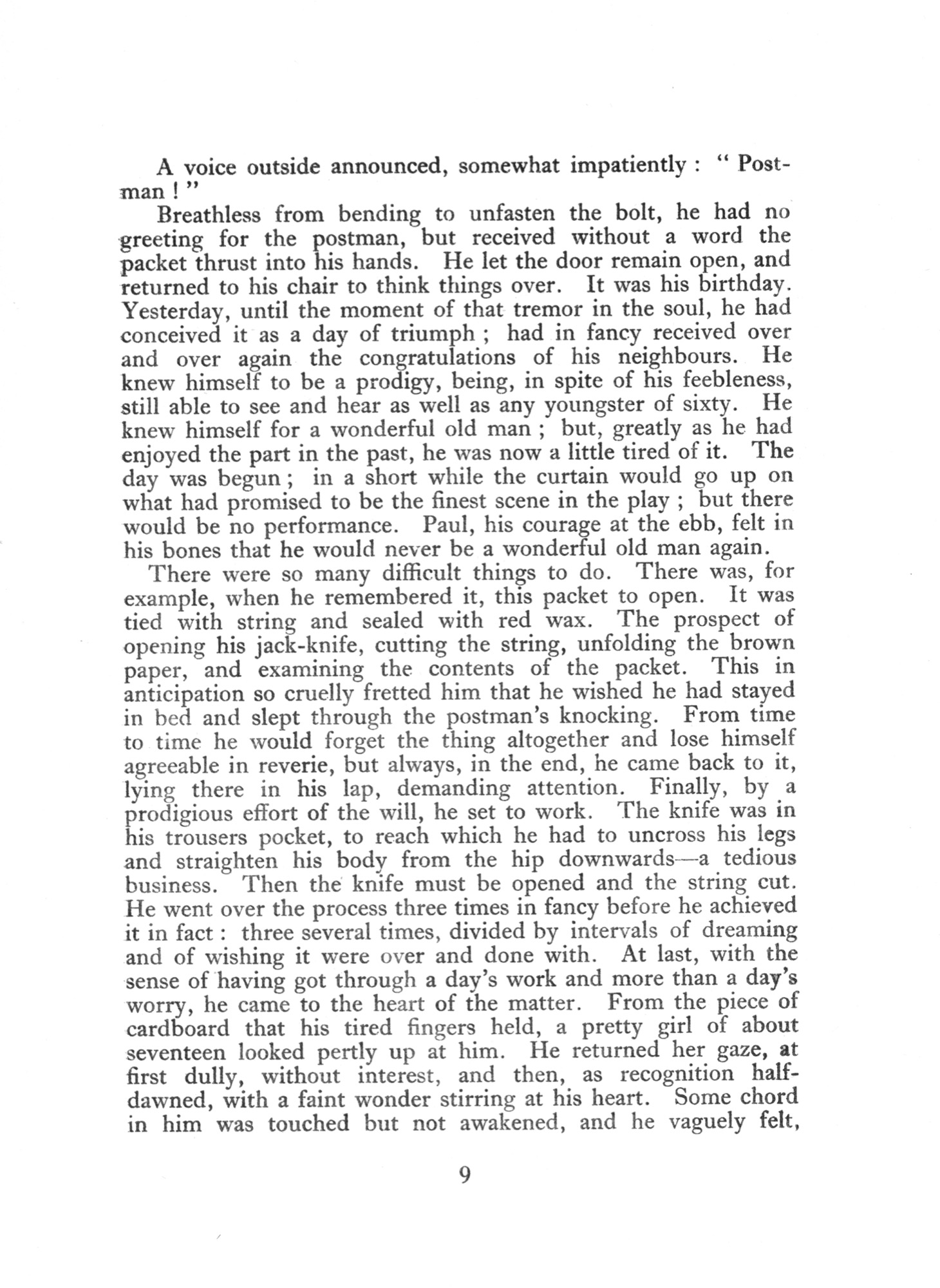
|
|
||||||||||||||||||||||||
| The New Coterie Volume 1 Issue: 4 Autumn, 1926 Page: 10 | ||||||||||||||||||||||||||
| The Grasshopper. A Short Story By Gerald Bullett | ||||||||||||||||||||||||||
|
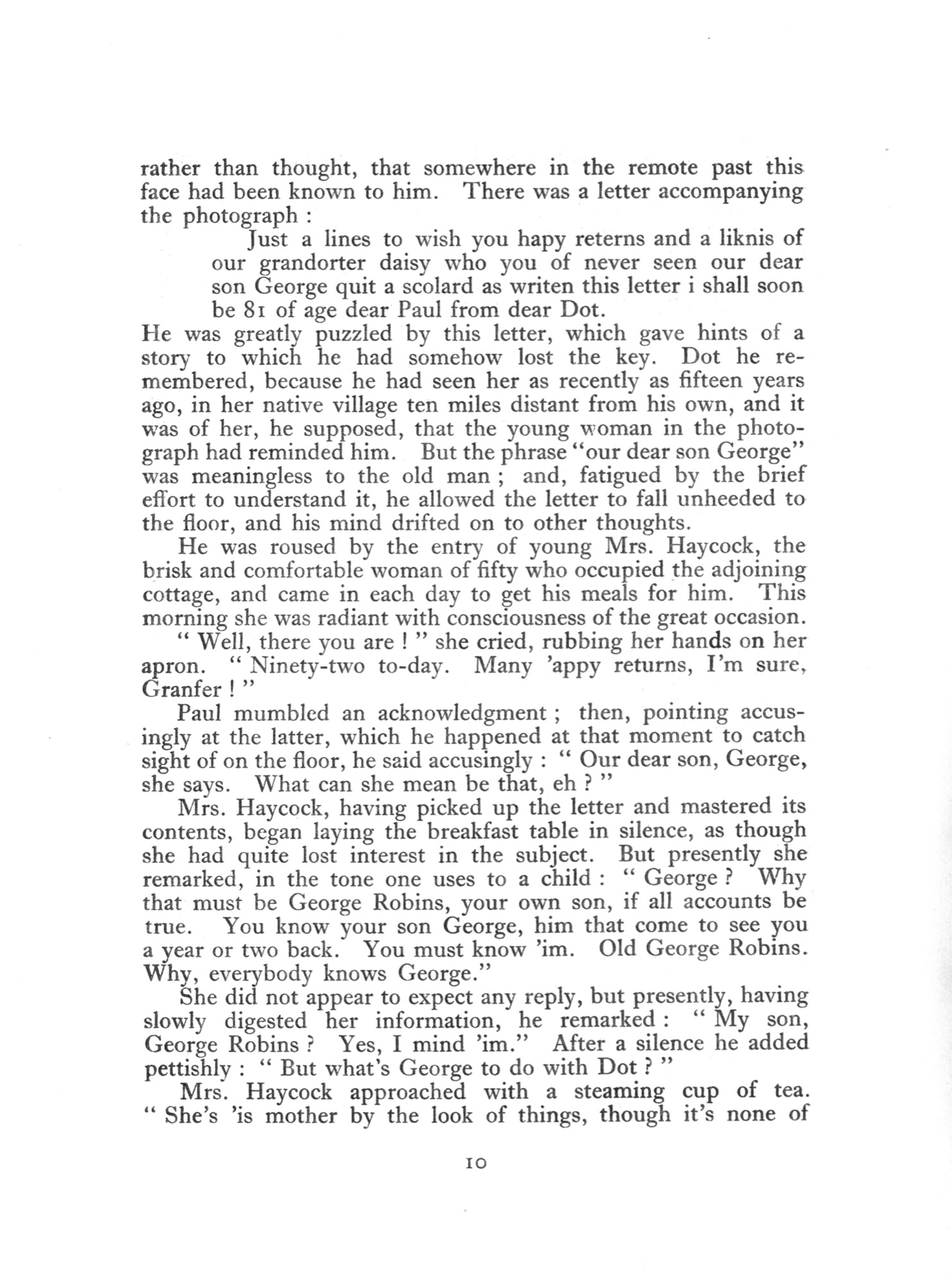
|
|
||||||||||||||||||||||||
| The New Coterie Volume 1 Issue: 4 Autumn, 1926 Page: 11 | ||||||||||||||||||||||||||
| The Grasshopper. A Short Story By Gerald Bullett | ||||||||||||||||||||||||||
|
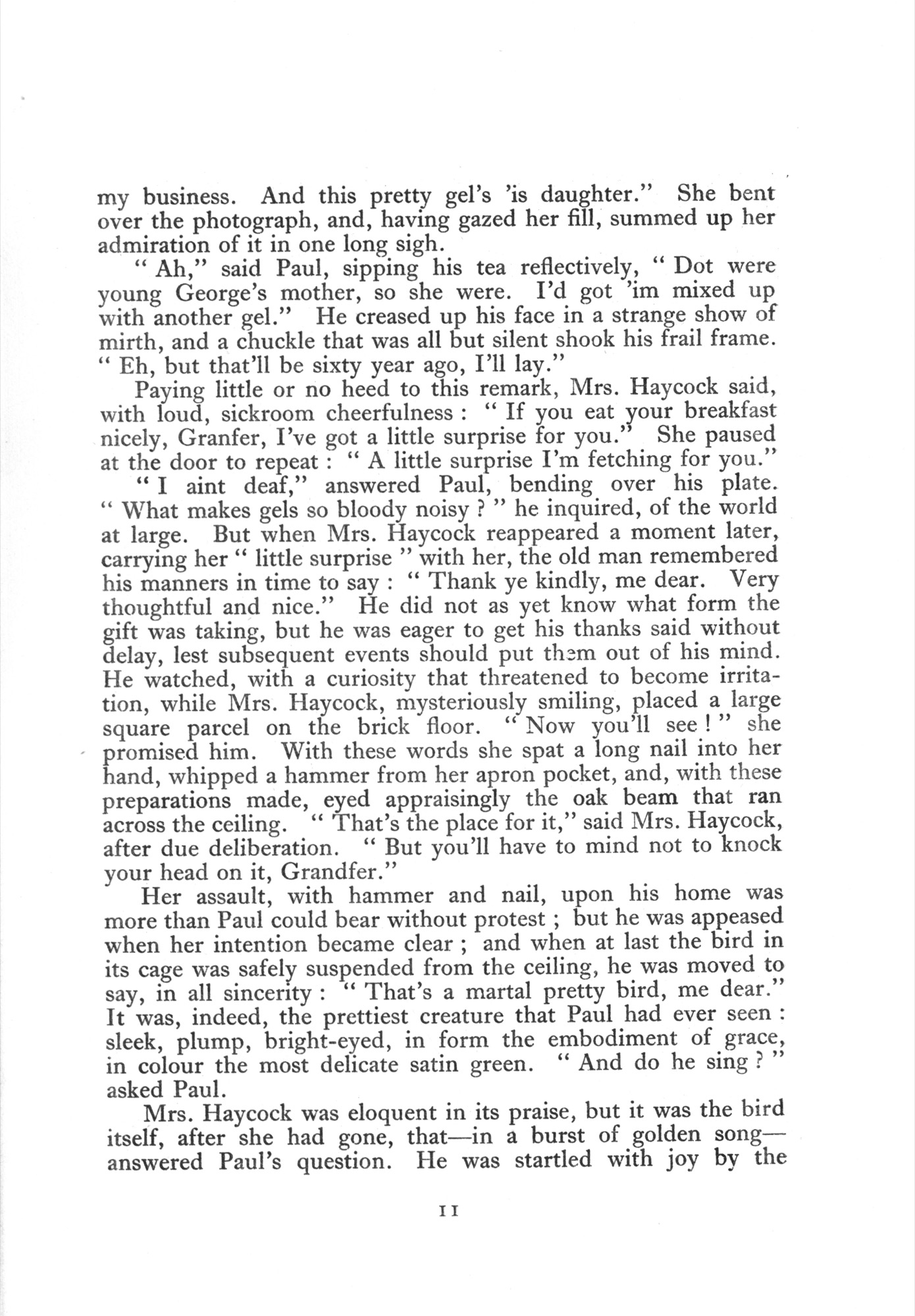
|
|
||||||||||||||||||||||||
| The New Coterie Volume 1 Issue: 4 Autumn, 1926 Page: 12 | ||||||||||||||||||||||||||
| The Grasshopper. A Short Story By Gerald Bullett | ||||||||||||||||||||||||||
|
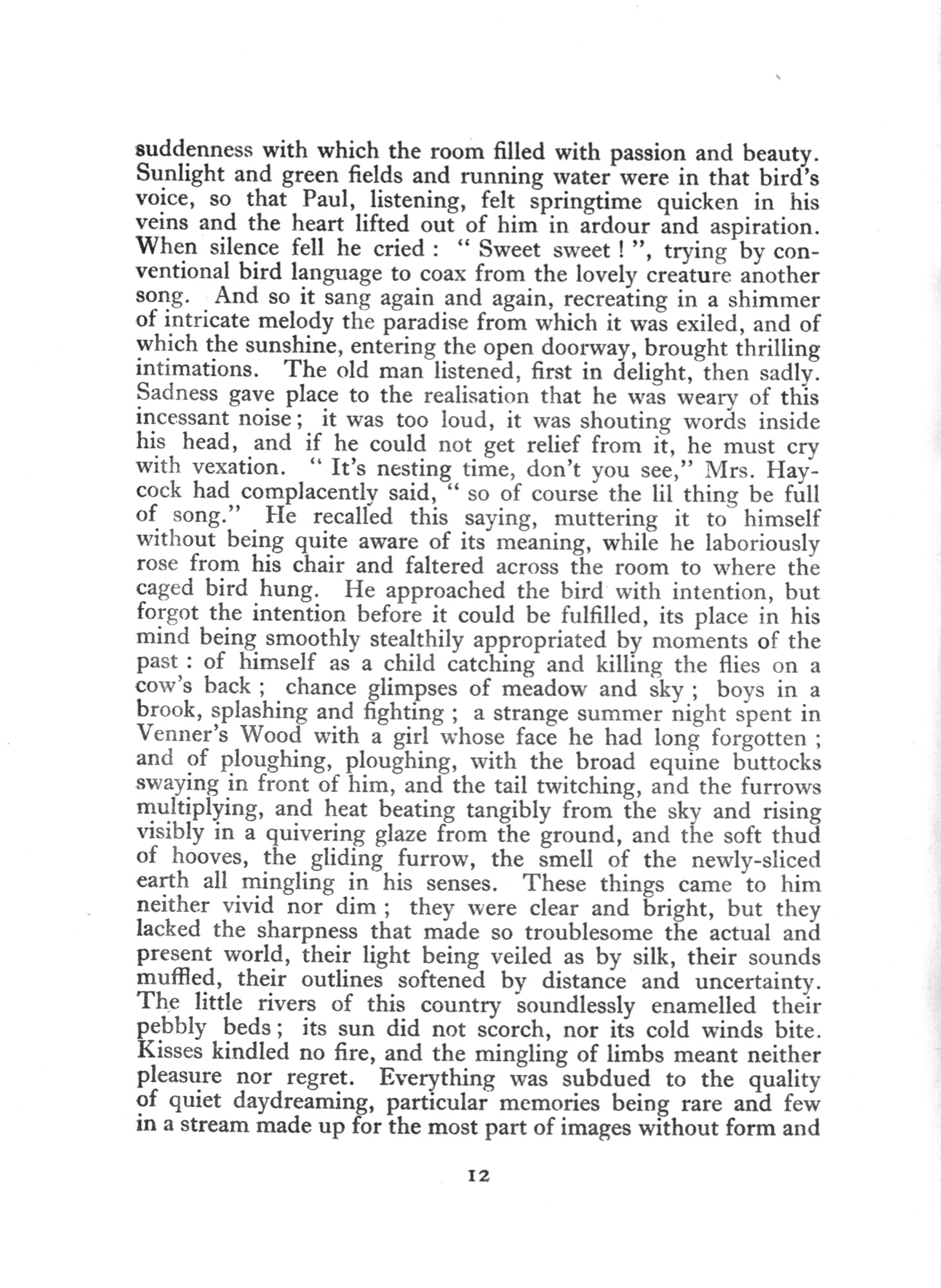
|
|
||||||||||||||||||||||||
| The New Coterie Volume 1 Issue: 4 Autumn, 1926 Page: 13 | ||||||||||||||||||||||||||
| The Grasshopper. A Short Story By Gerald Bullett | ||||||||||||||||||||||||||
|
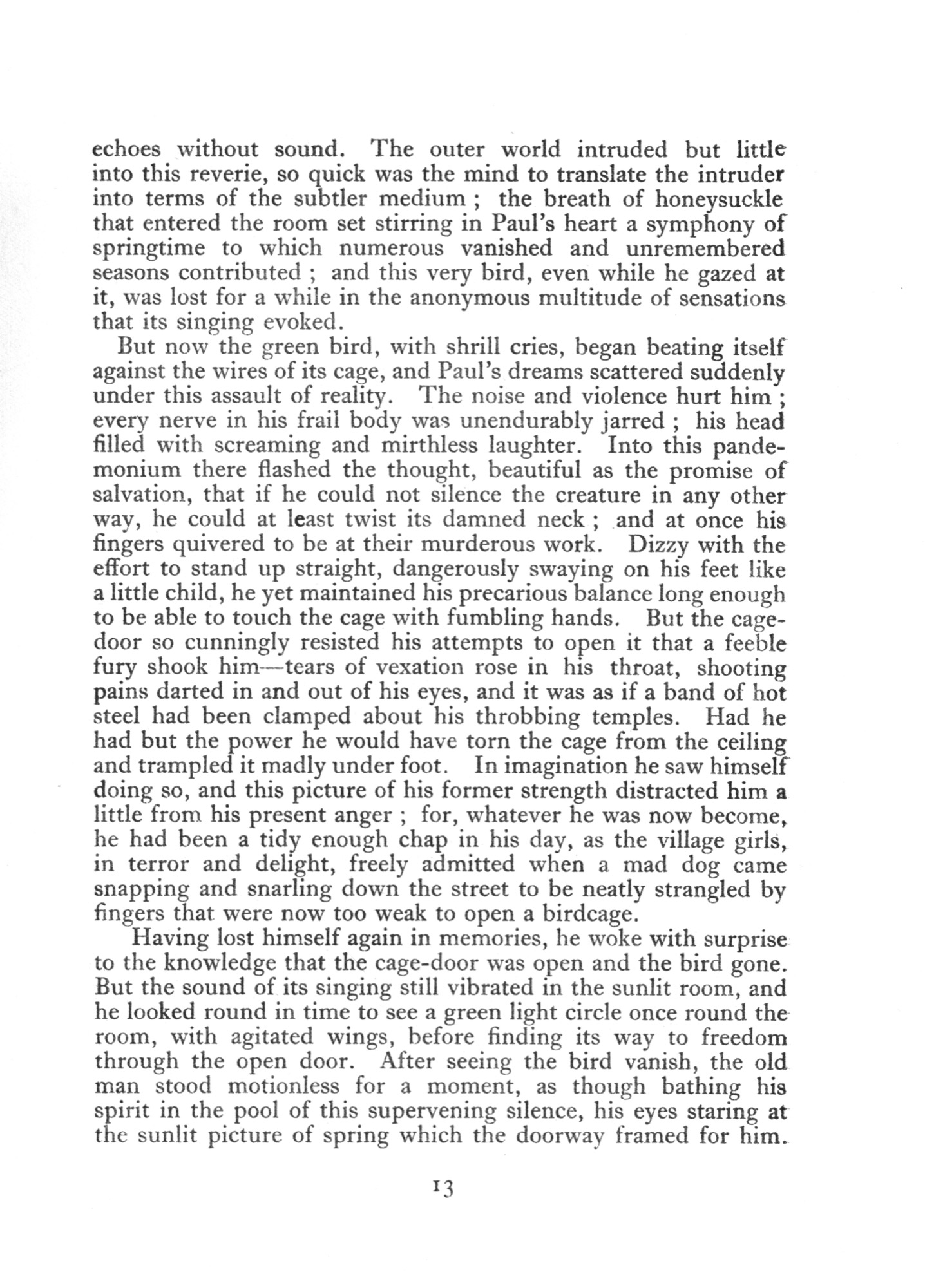
|
|
||||||||||||||||||||||||
| The New Coterie Volume 1 Issue: 4 Autumn, 1926 Page: 14 | ||||||||||||||||||||||||||
| The Grasshopper. A Short Story By Gerald Bullett | ||||||||||||||||||||||||||
|
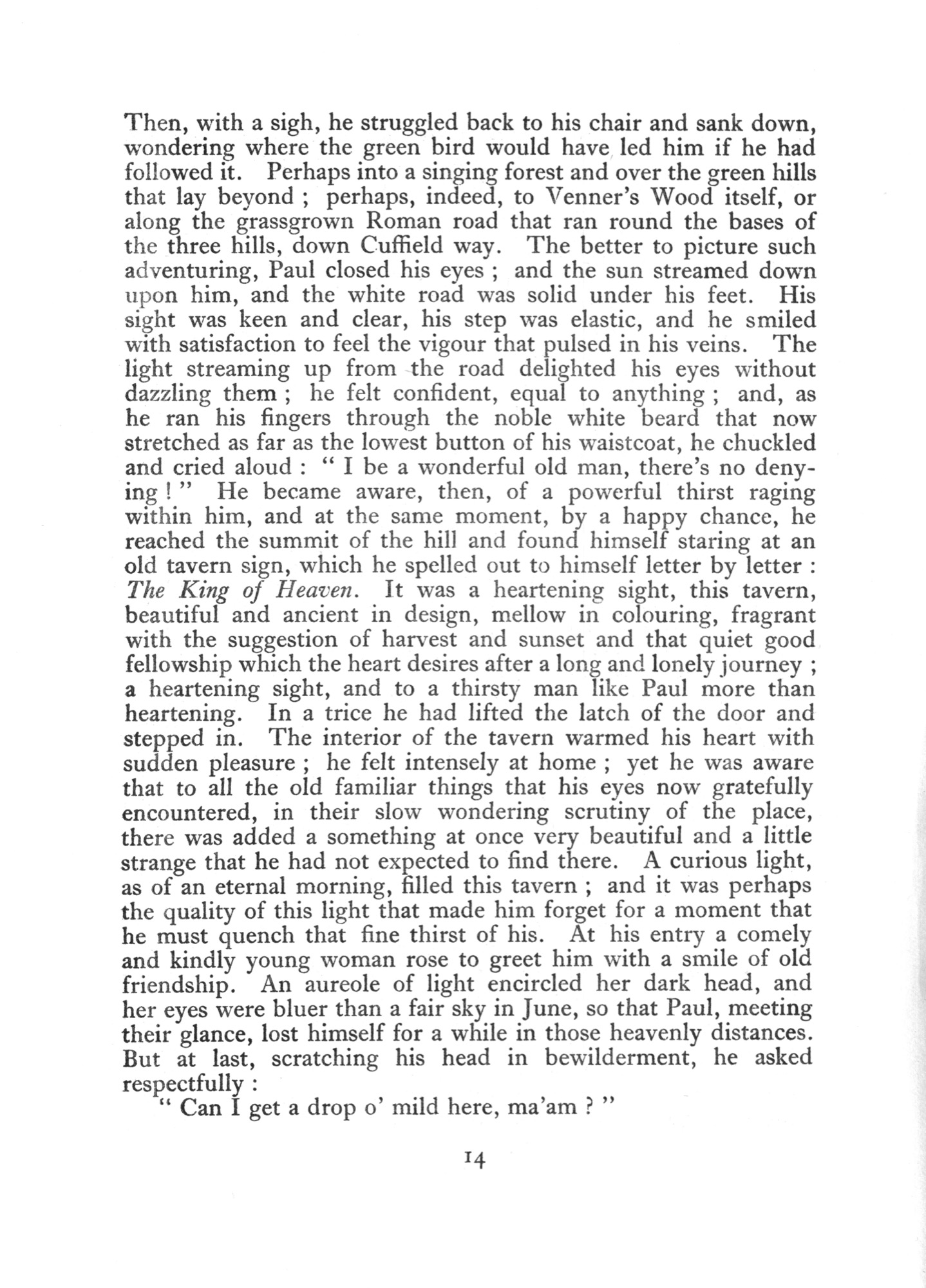
|
|
||||||||||||||||||||||||
| The New Coterie Volume 1 Issue: 4 Autumn, 1926 Page: 15 | ||||||||||||||||||||||||||
| The Grasshopper. A Short Story By Gerald Bullett | ||||||||||||||||||||||||||
|
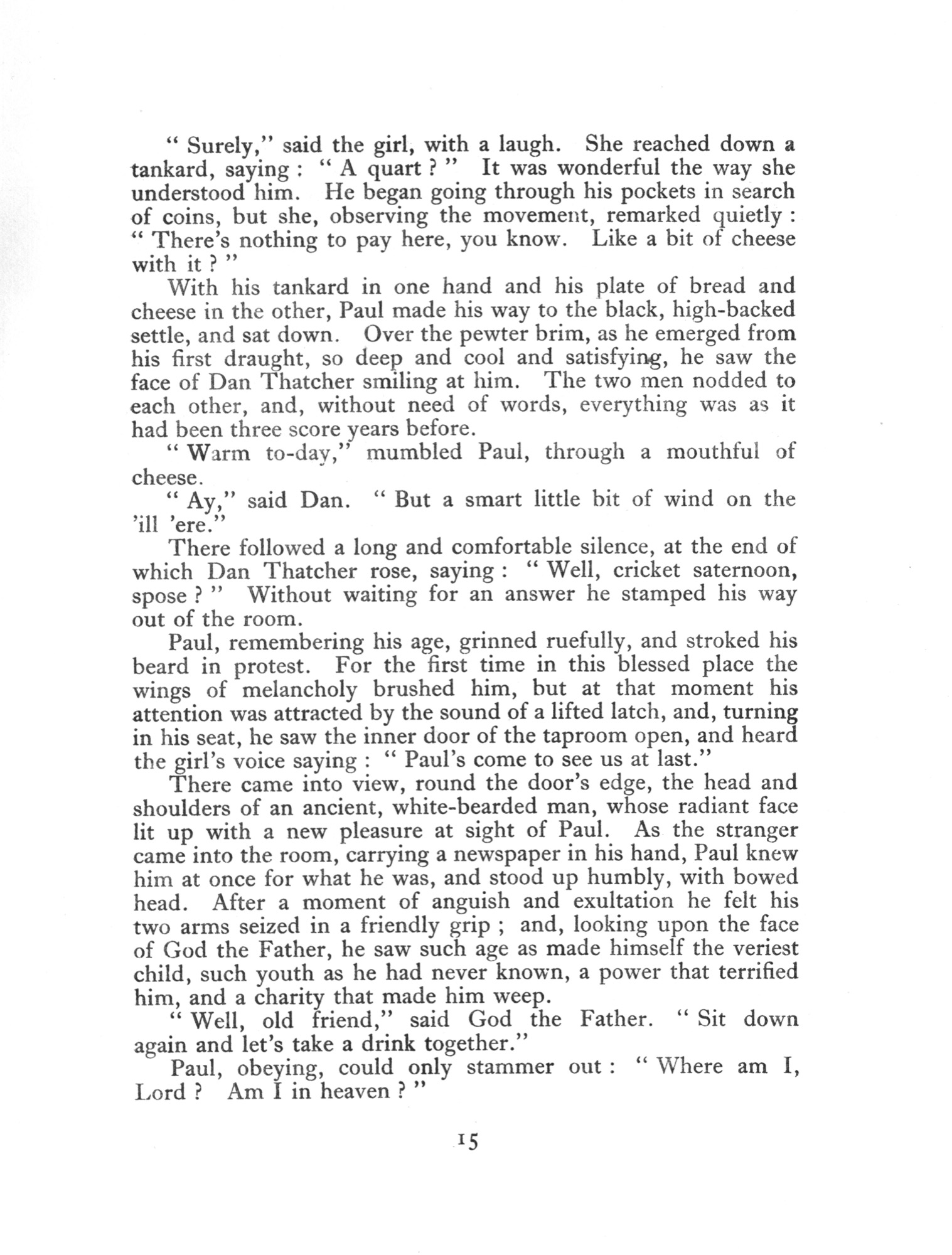
|
|
||||||||||||||||||||||||
| The New Coterie Volume 1 Issue: 4 Autumn, 1926 Page: 16 | ||||||||||||||||||||||||||
| The Grasshopper. A Short Story By Gerald Bullett | ||||||||||||||||||||||||||
|
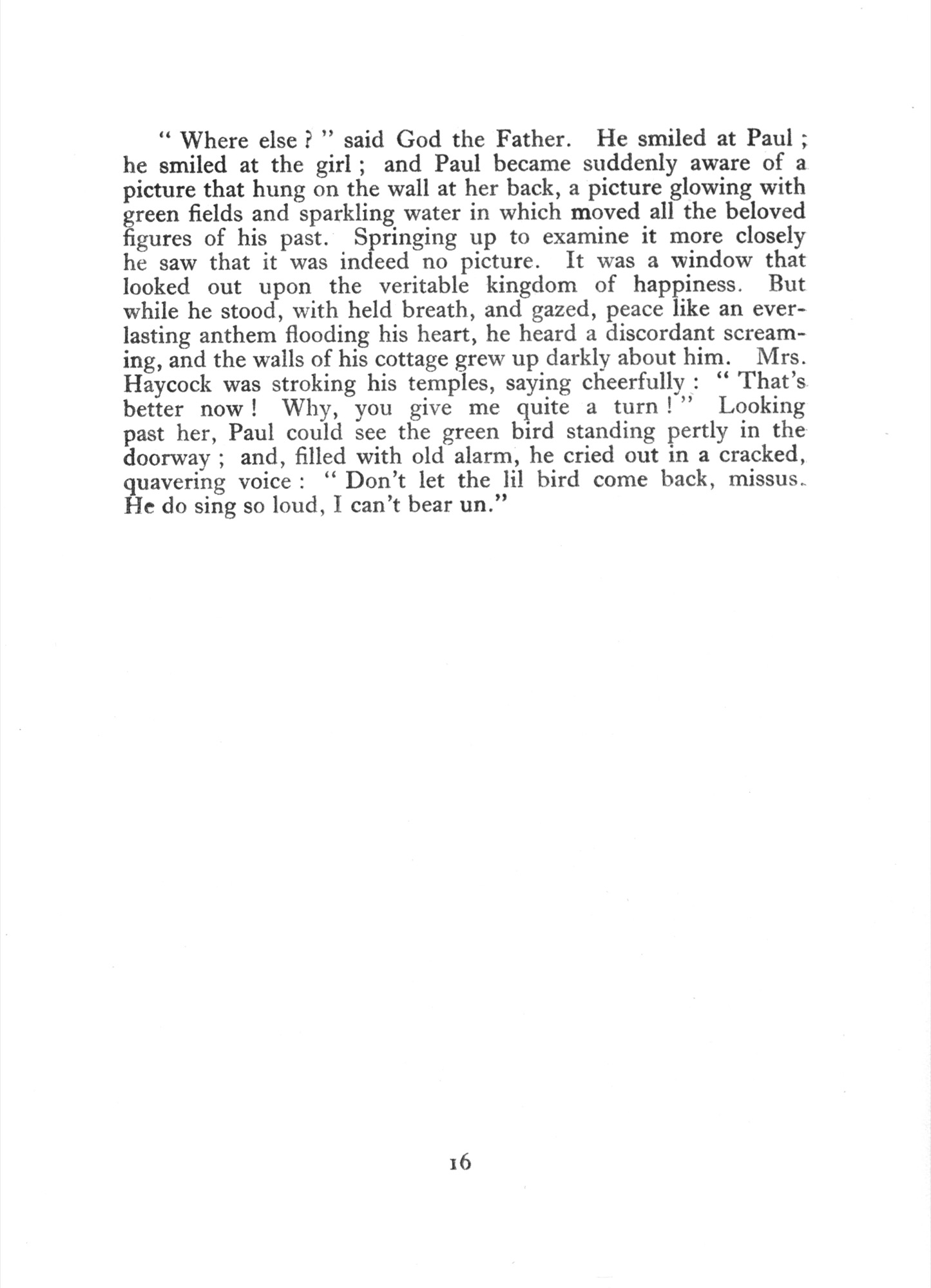
|
|
||||||||||||||||||||||||








